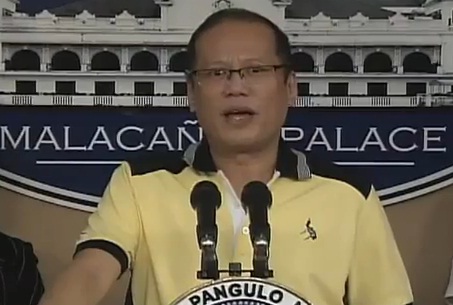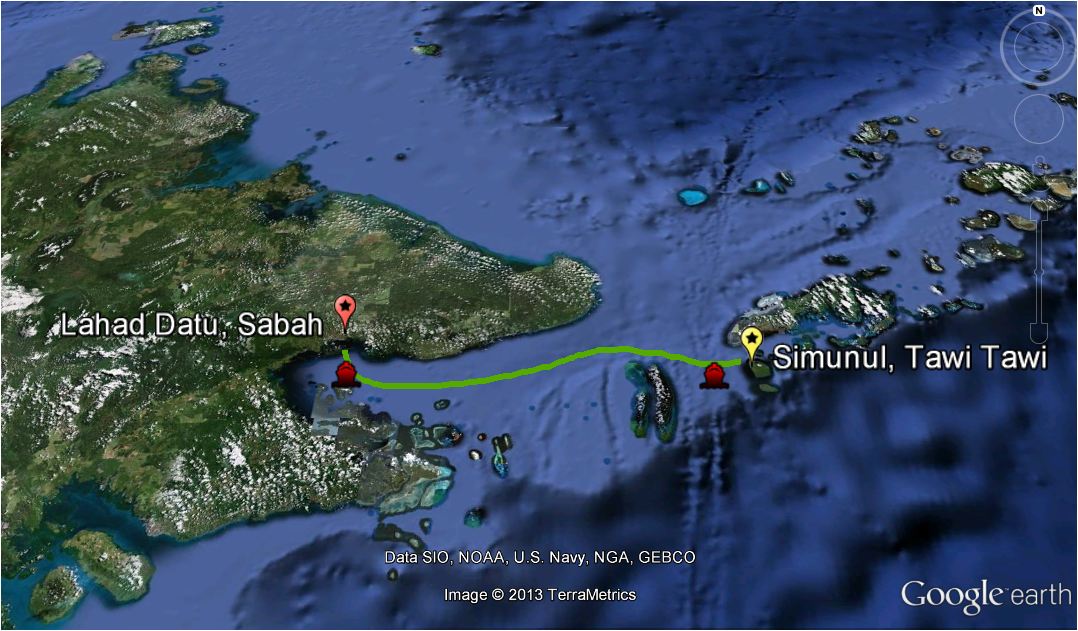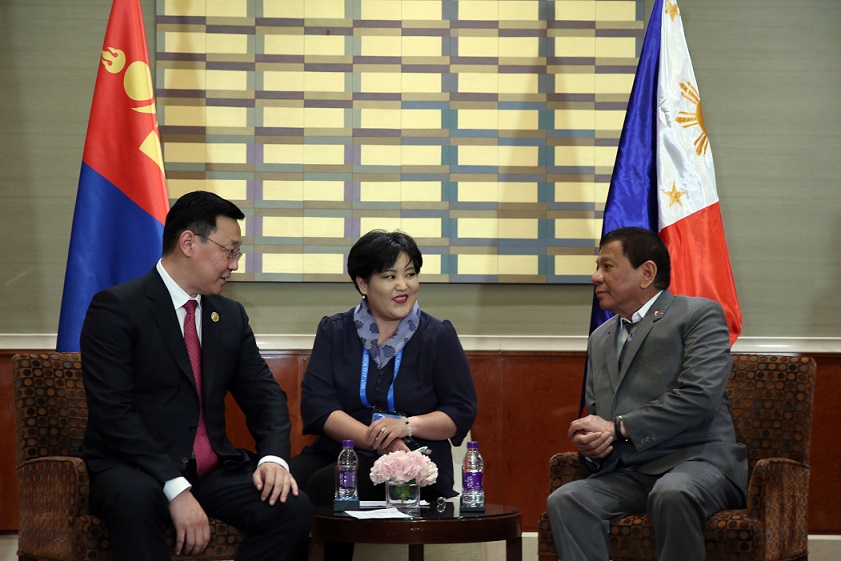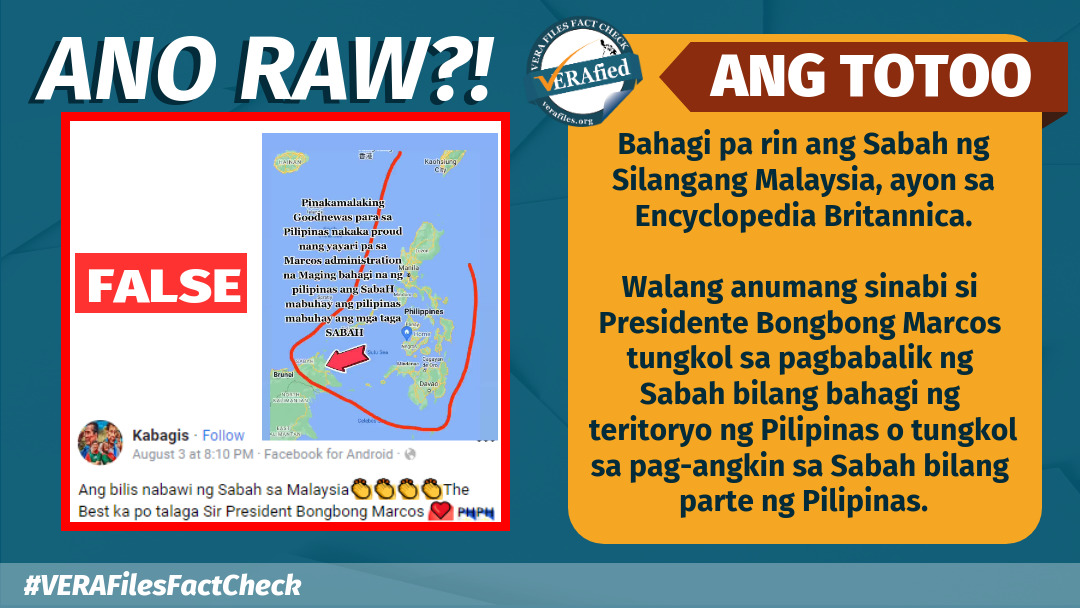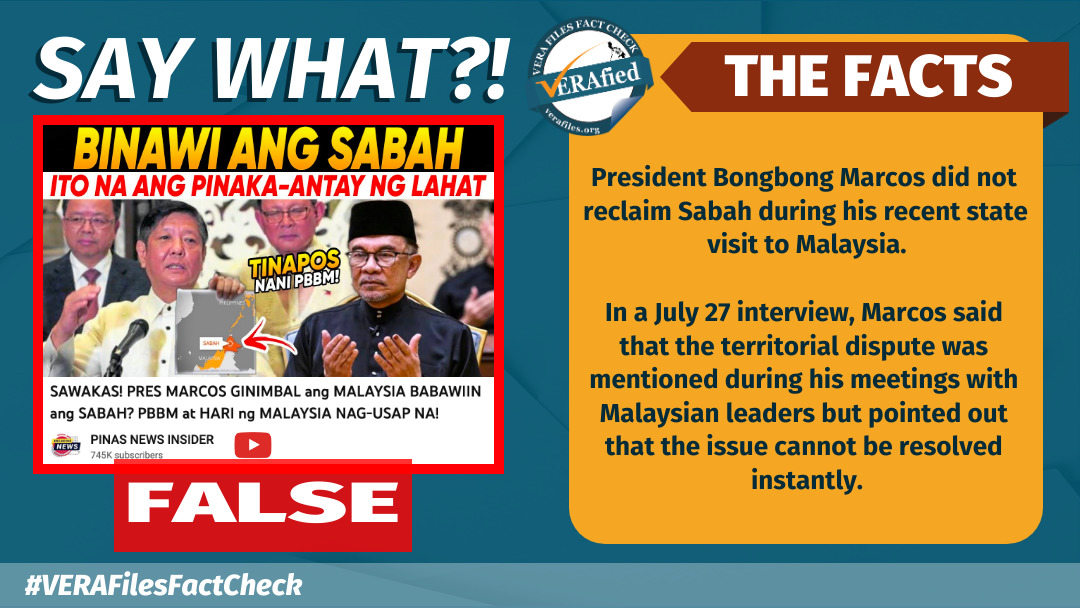THE President has gone on TV appealing and at the same time chastising the Sultan of Sulu over the standoff in Lahad Datu in Sabah.
The next few days will tell the wisdom of doing it in public. His statements and actions give the unintended consequence of leaning on our own nationals over a foreign power. We may be playing into Malaysia’s hands who has been adopting a studied but cavalier attitude over the standoff. They are exercising acts of “effectivités” over Sabah during this standoff by their actions and even by their silence over our naive pronouncements.
“Effectivités” in a territorial dispute between countries gives weight to actual and continued exercise of authority over a territory. This is the basis of the International Court of Justice ’s 2002 decision on the Ligatan Sipadan case where the court awarded the area to Malaysia over Indonesia. Also the same principle in the case between Chile and Peru and between Nicaragua and Guatemala.
The Sabah standoff should rouse the Philippine Rip van Winkle attitude towards our claim to the area. It provides the country with a unique but sensitive opportunity to revisit our claim. If the Philippines can deal with the situation with some diplomatic imagination and finesse it can correct some missteps of the past which led to the current state of helplessness insofar as the issue is concerned.
Those missteps include the abortive “peopling” of Sabah by Filipinos under the Marcos administration which resulted in the Jabidah mnassacre. Also advocating and/or agreeing to a United Nations referendum in Sabah in 1963 without adequate strategic preparations which resulted in adverse outcome for the Philippines.
The solid legal foundation of our claim still exists.
In the transfer of sovereignty document which the Sultan of Sulu signed with the Philippine government, it was expressly provided that the transfer shall be deemed voided if the Philippines shall fail to pursue the claim. The sultan understandably feels he is now free to pursue the claim himself.
The President should find an opportunity to convene the National Security Council to consider the matter. The ramifications of the standoff have far reaching consequences and both the legislative and judicial branches of the government have pronounced themselves on the issue.
As days pass, the confluence of events makes it imperative that the Philippines now define its policy on Sabah. To continue putting the claim in the backburner is not a policy. This is an illusion, a mirage.
Will it be in the national interest to pursue the claim to Sabah? Strong legal grounds still exist although eroded by our statements and actions and inactions. If we do not pursue, then we lay to waste previous international efforts in the UN, in the London and Bangkok talks, in the ICJ, in the Manila Accord of 1963.
If we do not pursue, we may do violence to our own Constitution, to House Resolution No. 321 adopted on April 24, 1962 and to the Supreme Court decision upholding the validity of RA 5522 and declaring that the PH has title and dominion over Sabah.
To study (again!) the legal merits of the claim is to consign it to the backburner for the next fifty years.
It is a sad commnetary on the Philippines if our own nationals should run to the UN because their government cannot protect their rights. This is not the spectacle our country wants to portray to the international community.
It is now urgent to cease to be “confused” and move and act decisively. Time to end the Kabuki play on Sabah.
(The author is a veteran Philippine diplomat. He was the Philippine Permament Representative to the United Nations from May 2003 to February 2007. Prior to that, he was Foreign Affairs Undersecretary for Policy.)

